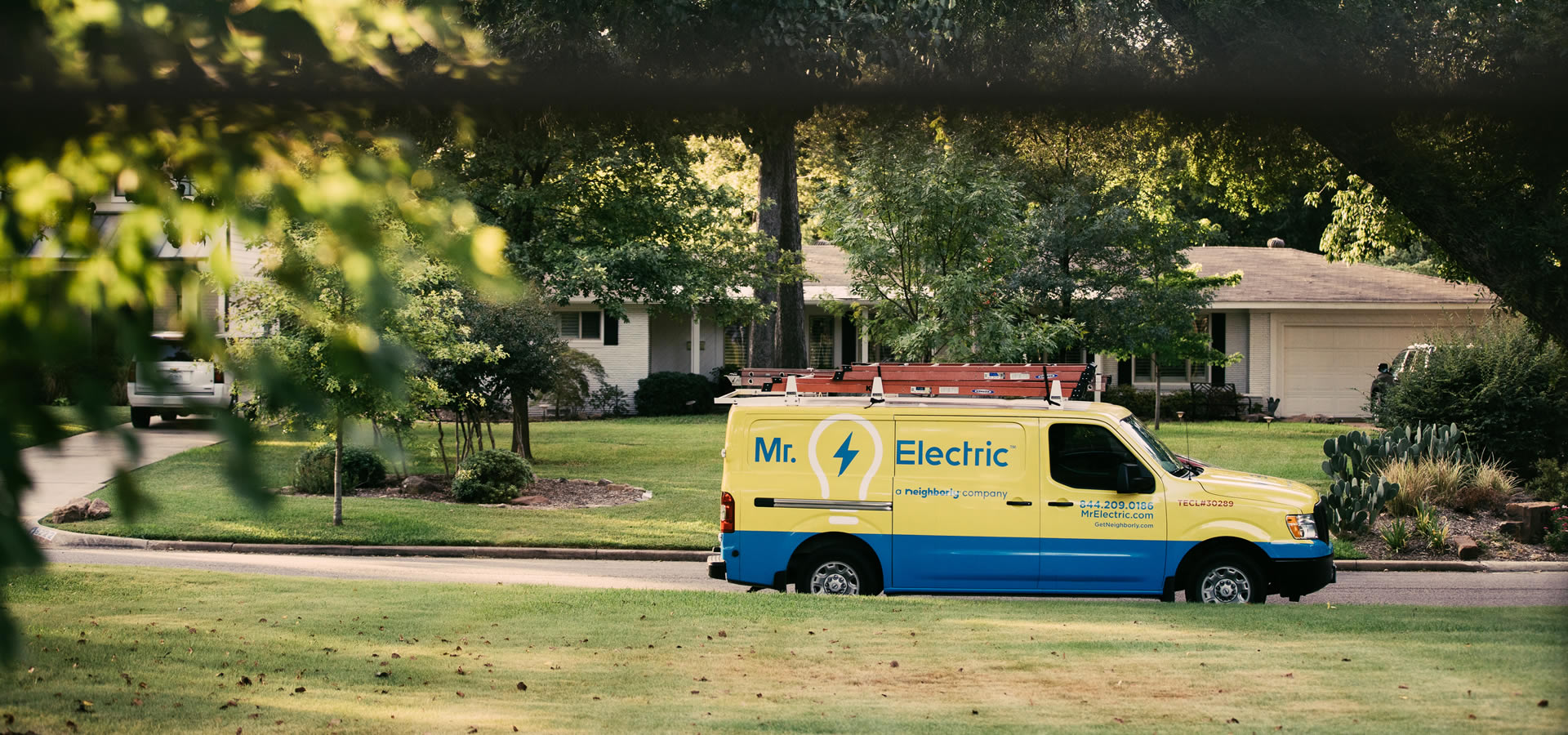Grounding provides a pathway for electricity to travel, helping to prevent electric shocks and fires. Proper grounding is extremely important for the safety of your home's electrical system.
Menu
- Home
- Electrical Services
- Appliance Circuit Installation
- Circuit Breaker Replacement
- Ceiling Fan Replacement
- Commercial Service
- Electrical Repair
- Electrical Wiring
- Electrical Outlet Replacement
- Electrical Panel Replacement
- Electrical Upgrades
- Generator Installation
- Smart Home Automation
- Surge Protection Installation
- Electric Vehicle Charger Installation
- Lighting
- Blog
- Reviews
- Coupons
- Service Areas
- Career
- About Us
- Locations
- FAQs
- Contact Us
Call Us Today!
385-355-3822We Are Family & Veteran Owned
Schedule Service NowHire Local Trusted Electricians Now
Call this Thursday to Get $35 OFF- Home
- Electrical Services
- Appliance Circuit Installation
- Circuit Breaker Replacement
- Ceiling Fan Replacement
- Commercial Service
- Electrical Repair
- Electrical Wiring
- Electrical Outlet Replacement
- Electrical Panel Replacement
- Electrical Upgrades
- Generator Installation
- Smart Home Automation
- Surge Protection Installation
- Electric Vehicle Charger Installation
- Lighting
- Blog
- Reviews
- Coupons
- Service Areas
- Career
- About Us
- Locations
- FAQs
- Contact Us


